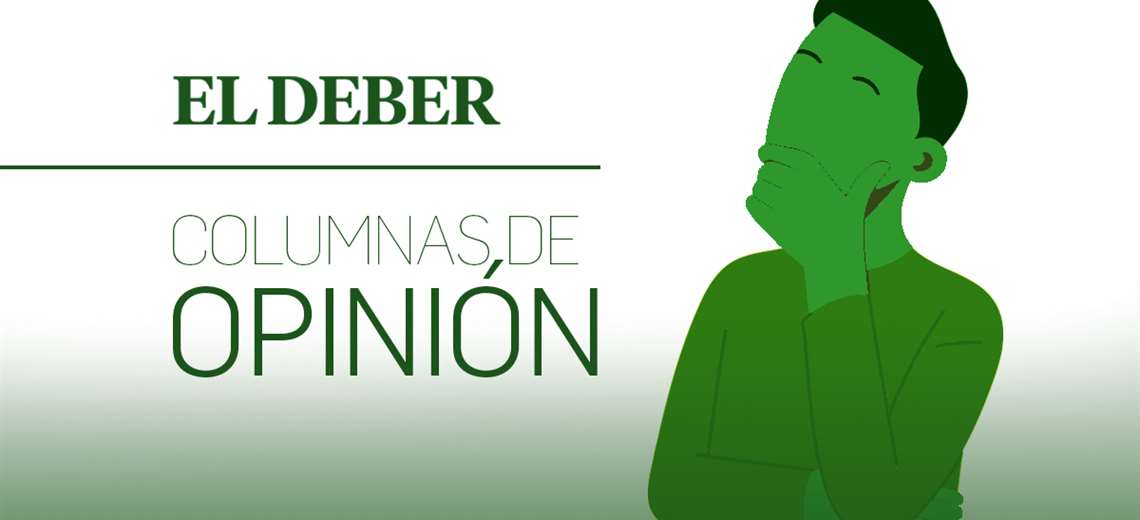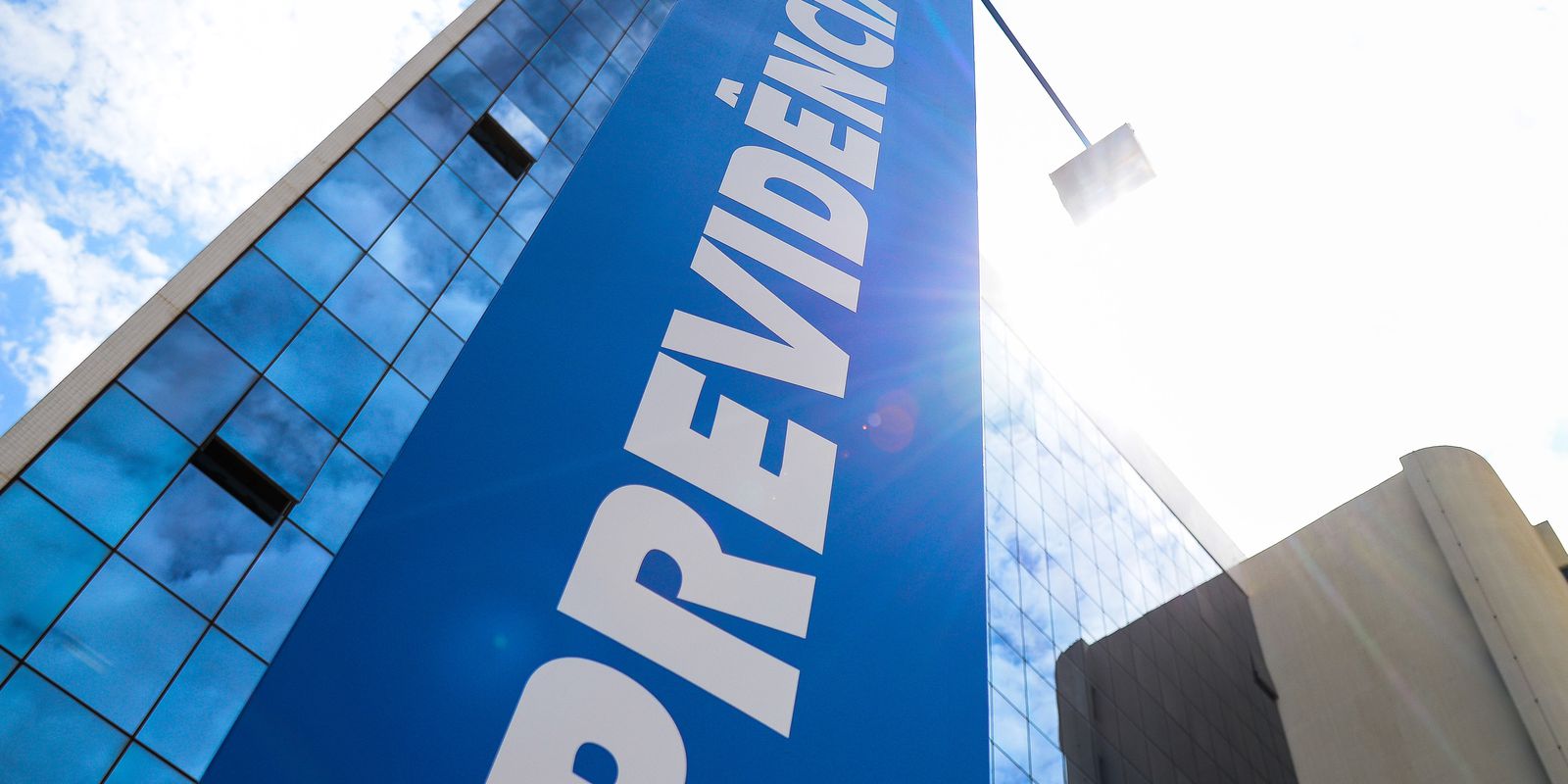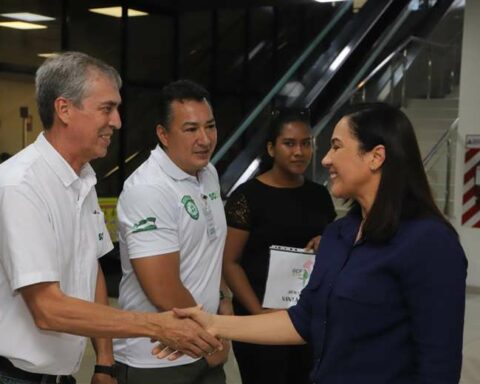As a result of the last case of the “student” Max Mendoza, a former university leader, who had been studying various careers for 33 years, with more than 200 failed subjects and receiving a salary of more than Bs 21 thousand (salary similar to that of the president of the country) , the need arises to question what is happening in our public universities, and if this “free” education, from which many benefit, is being efficient.
According to data from the 3 main universities in the country (Central Axis), there are more than 20,000 students who remain in their institutions for more than 10 years, and on average Bs 3,500 are spent every six months (data indicated by the vice-chancellor of the Uagrm and that we assume which is nationwide this time) into the “dinosaurs,” as they are known. We are saying that through our taxes and our great commitment to train professionals who contribute to its development, an amount of more than Bs 140 million is allocated annually to these “students”, the magnitude of the amount is really worrying.
This reality is a clear example of the lack of mechanisms that allow an improvement in public education, adding to this problems of governance, autonomy, expired curricula, corruption, among others. Let’s delve into these topics.
There is a co-government within the universities made up of teachers and students, which has delayed the development of education because everything has simply become politicized, causing university autonomy to be tainted. There is no doubt that universities must be autonomous, however, sovereignty deserves transparency, accountability and real management, because they are resources that we invest to generate good citizens, not parasites that live as a result of this. In relation to university curricula, due to the pandemic, the digital transformation deepened, a situation that did not accompany the university, therefore, we are being displaced in world labor markets. We put aside science, culture, innovation, among many other things, for the pockets and interests of a few.
Ideas should begin to be debated, such as not applying gratuity in the second career completed, and that, if there is a certain number of failed subjects, they will be paid for. That the students begin to assume the cost that their decisions represent, would drastically reduce this phenomenon. Universities have become a mini client State, losing their pedagogical horizon. Students, teachers and bureaucrats fight for spaces of power to have economic revenue, which is completely detrimental.
Private companies, professional associations, students and society in general must be the first to demand and supervise. It is not only about licensing but about training quality professionals, with integrity and with all the necessary tools to practice in their media. Nothing is free, someone always ends up paying for it, the question is: are we willing to continue paying for an education that does not show results?








